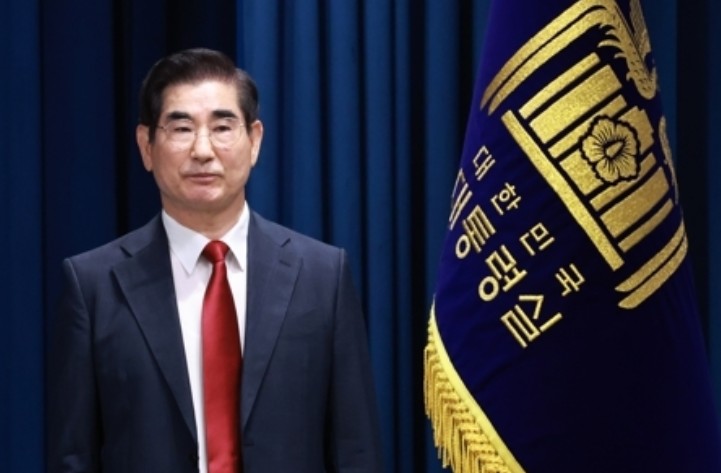SEOUL – Former South Korean Defense Minister Kim Yong Hyun was formally arrested on Wednesday on charges of rebellion and abuse of power, following his role in imposing martial law last week. The martial law decree, the first in over 40 years, lasted only six hours but triggered widespread protests, investigations, and demands for accountability at the highest levels of government.
Kim is accused of colluding with President Yoon Suk Yeol and other officials to disrupt the constitutional order by deploying military forces to block lawmakers from overturning the decree. Prosecutors allege that Kim played a pivotal role in planning martial law and instructed troops to obstruct parliamentary activities. A conviction on rebellion charges could carry a maximum penalty of death.
In a statement released Tuesday, Kim apologized for the anxiety caused by the incident and claimed sole responsibility, pleading for leniency for soldiers who followed his orders.
Yoon Suk Yeol Under Investigation
The Justice Ministry has banned President Yoon and eight other officials from leaving the country, marking the first travel ban on a sitting president in South Korea’s history. Yoon faces allegations of using military and intelligence forces to detain political rivals and enforce martial law under questionable circumstances. Opposition lawmakers argue that the martial law decree was unconstitutional, citing that such measures are permissible only in wartime or comparable emergencies.
Yoon’s declaration of martial law had framed the move as necessary to eliminate “shameless North Korea followers and anti-state forces,” referencing his liberal opponents who control parliament.
Military Testimonies Add to the Crisis
During a parliamentary hearing on Tuesday, Kwak Jong-keun, commander of the Army Special Warfare Command, testified that Kim directly ordered him to block lawmakers from entering the National Assembly. He further revealed that Yoon personally called him and instructed the removal of lawmakers by force, an order ultimately dismissed due to its impracticality.
Other testimonies exposed plans to detain opposition figures in military bunkers and coordinate with intelligence agencies for political suppression. Senior military officials involved in the crisis, including commanders Kwak and Yeo In-hyung, have been suspended from duty.
Opposition Pushes for Special Counsel and Impeachment
The opposition-controlled Democratic Party has passed a bill appointing an independent special counsel to investigate Yoon and his associates, expressing mistrust in public prosecutors due to Yoon’s previous role as prosecutor-general.
While Yoon narrowly avoided impeachment on Saturday, the Democratic Party has vowed to push for another vote. If impeached, Yoon’s powers would be suspended pending a Constitutional Court ruling, which could result in his removal and trigger a presidential election.
Public Outcry and Constitutional Concerns
Legal experts and opposition leaders argue that Yoon’s use of martial law to suspend parliamentary functions amounts to rebellion. The South Korean Constitution explicitly prohibits the use of military force to disrupt legislative activities under any circumstances.
The scandal has unleashed a political firestorm, with public protests demanding accountability and calls for systemic reforms to prevent abuse of power. As investigations continue, South Korea faces heightened political uncertainty and a potential turning point in its democratic history. (zai) – Photo: Yonhap News

